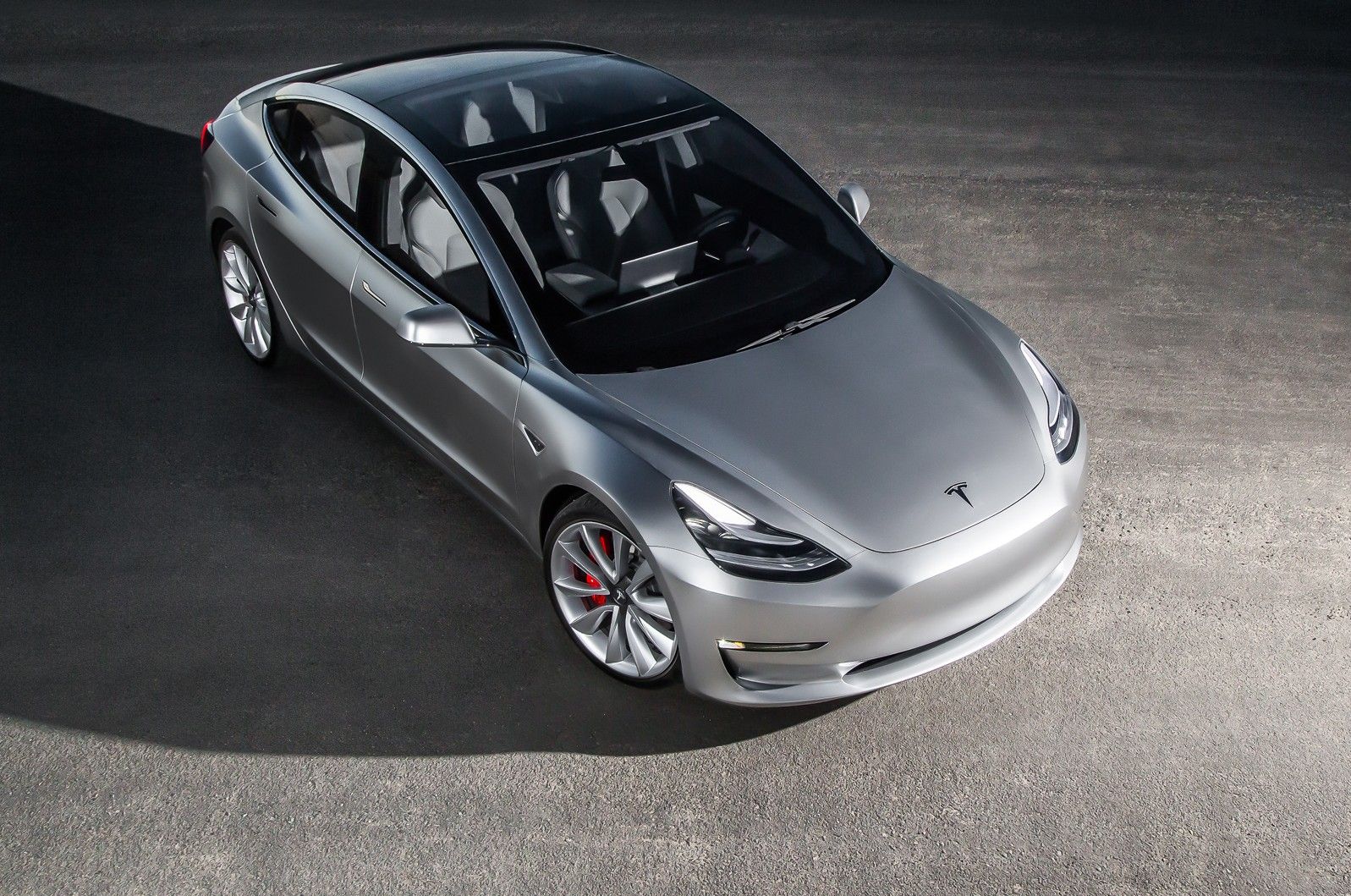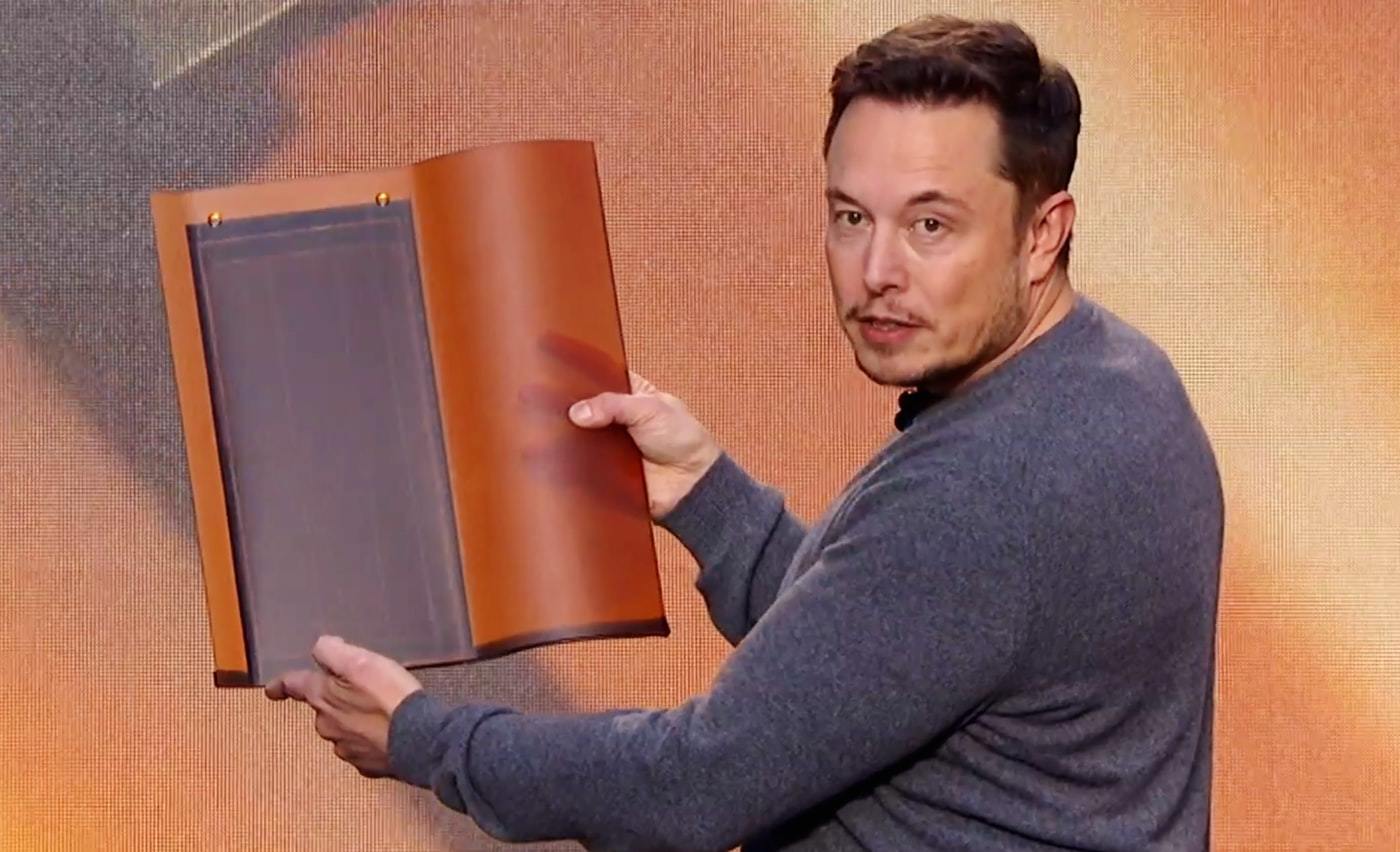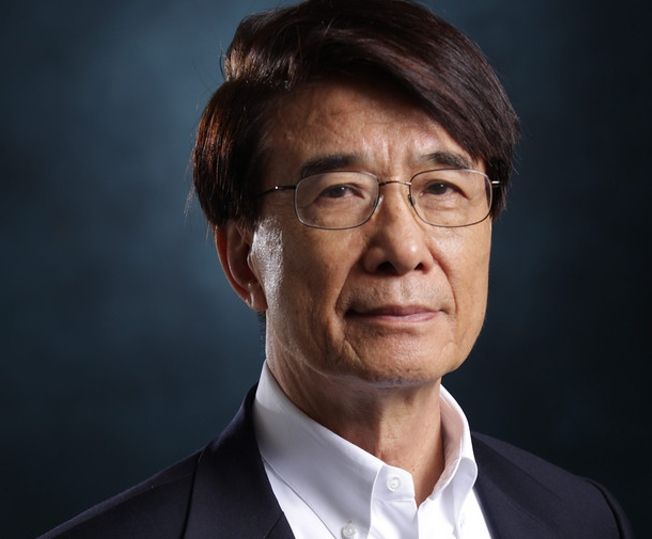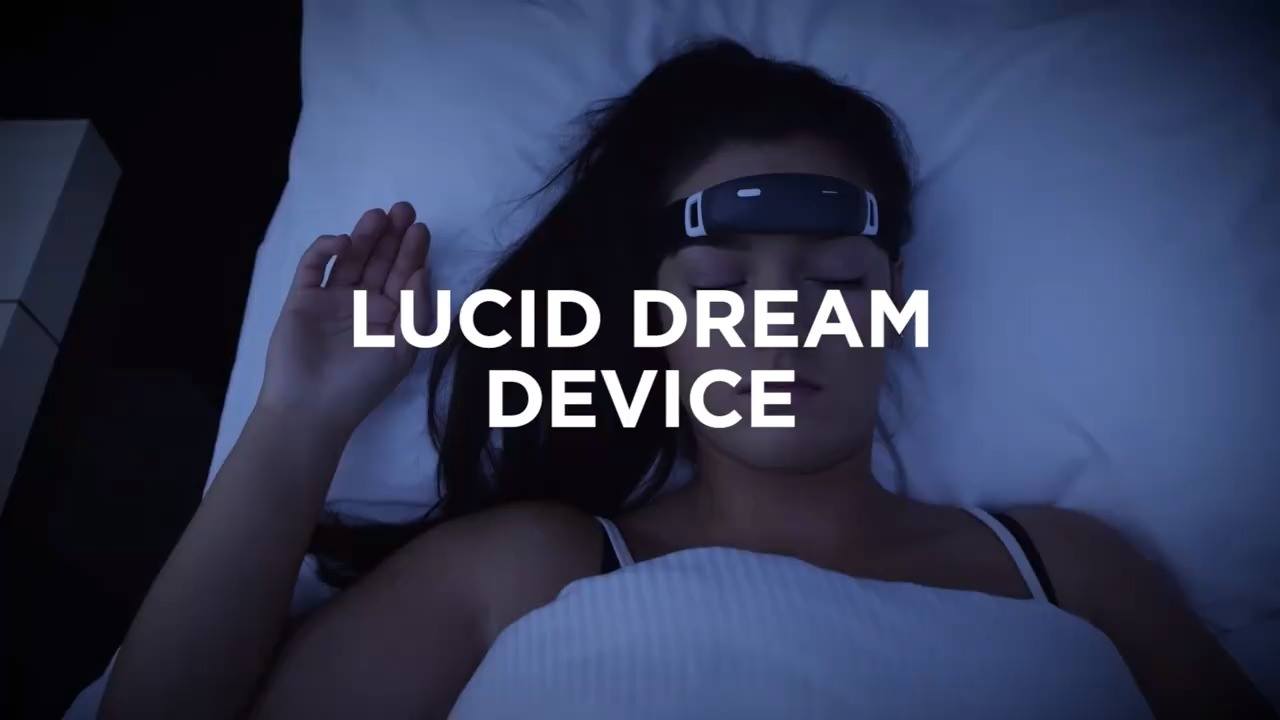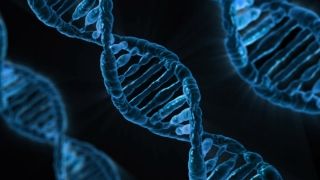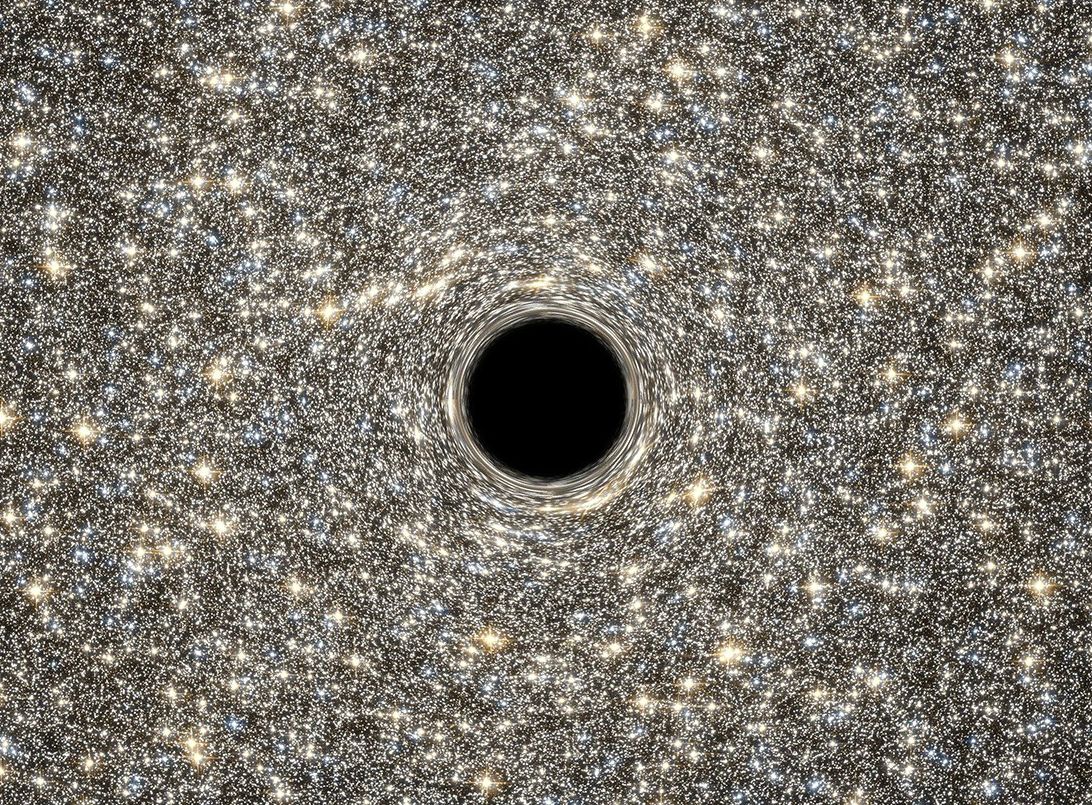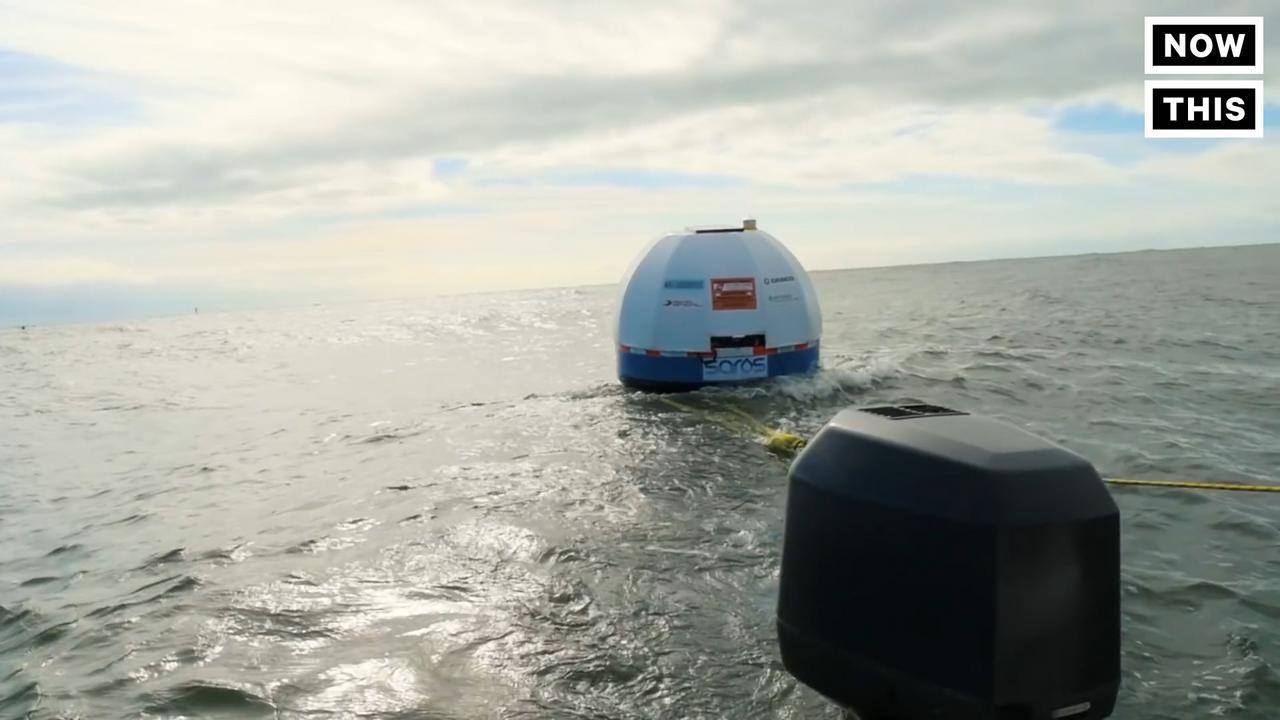Page 10818
Nov 2, 2016
Elon Musk Says Tesla’s New Solar Tiles Can Defrost Themselves
Posted by Shailesh Prasad in categories: Elon Musk, energy, habitats, sustainability, transportation
Hold onto your butts solar aficionados, the next generation solar roof is coming, and it looks good. During a brief event Friday night, Elon Musk presented his plan to integrate solar roofs with Powerwall power packs. But that’s not all. On Saturday Musk expanded on his talk by explaining via Twitter that the new solar tiles would come with some pretty sweet features — more specifically, built-in defrosters.
Unlike the solar systems of the past, Tesla’s newly designed roofs will feature aesthetically pleasing, energy efficient glass solar tiles, that will replace a home’s roof rather than sit on top of it.
Harsh weather conditions — like snow and ice — are known for wreaking havoc on traditional asphalt shingles, but that’s not the case with Musk’s new design. The solar glass tiles are not only more durable, but are also packing specialized heating elements that work much like the rear defroster does on your car.
Continue reading “Elon Musk Says Tesla’s New Solar Tiles Can Defrost Themselves” »
Nov 2, 2016
Physicists induce superconductivity in non-superconducting materials
Posted by Shailesh Prasad in categories: biotech/medical, health, physics
Researchers at the University of Houston have reported a new method for inducing superconductivity in non-superconducting materials, demonstrating a concept proposed decades ago but never proven.
The technique can also be used to boost the efficiency of known superconducting materials, suggesting a new way to advance the commercial viability of superconductors, said Paul C.W. Chu, chief scientist at the Texas Center for Superconductivity at UH (TcSUH) and corresponding author of a paper describing the work, published Oct. 31 in the Proceedings of the National Academy of Sciences.
“Superconductivity is used in many things, of which MRI (magnetic resonance imaging) is perhaps the best known,” said Chu, the physicist who holds the TLL Temple Chair of Science at UH. But the technology used in health care, utilities and other fields remains expensive, in part because it requires expensive cooling, which has limited widespread adoption, he said.
Continue reading “Physicists induce superconductivity in non-superconducting materials” »
Nov 2, 2016
AMA: I’m Zoltan Istvan, a transhumanist US Presidential Candidate. Ask me anything!! : Futurology
Posted by Zoltan Istvan in categories: biotech/medical, computing, cyborgs, economics, geopolitics, life extension, military, robotics/AI, transhumanism
Come “ask me anything” right now!!! I’m trying to answer all questions I get asked:
Hi Reddit,
Thank you for having me here. My name is Zoltan Istvan, and I’m a futurist, journalist, and science fiction writer. I’m also the 2016 Presidential candidate for the Transhumanist Party.
Nov 2, 2016
What Does Gene Editing Mean for the Future?
Posted by Steve Hill in categories: bioengineering, biotech/medical
Everything you wanted to know about gene editing but were affraid to ask!
Researchers at the University of California in San Diego have found a way to use gene editing technology to target RNA in living cells.
Nov 2, 2016
Could A Black Hole Be Blocking The Light From That ‘Alien Megastructure’ Star?
Posted by Andreas Matt in category: cosmology
The top 7 explanations for the star’s weird behavior, ranked roughly in order of plausibility.
Nov 2, 2016
Aging, Just Another Disease
Posted by Steve Hill in categories: biotech/medical, computing, life extension
Aging leads to diseases and ultimately death. Time for people to ditch the semantics and recognise that aging and disease are not two mysterious independent processes but are in fact one and the same.
Aging leads to the diseases of aging and the discussion is largely a matter of semantics.
“The concept of aging is undergoing a rapid transformation in medicine. The question has long been asked: Is aging a natural process that should be accepted as inevitable, or is it pathologic, a disease that should be prevented and treated? For the vast majority of medicine’s history, the former position was considered a self-evident truth. So futile was any attempt to resist the ravages of aging that the matter was relegated to works of fantasy and fiction. But today, the biomedical community is rethinking its answer to this question.
